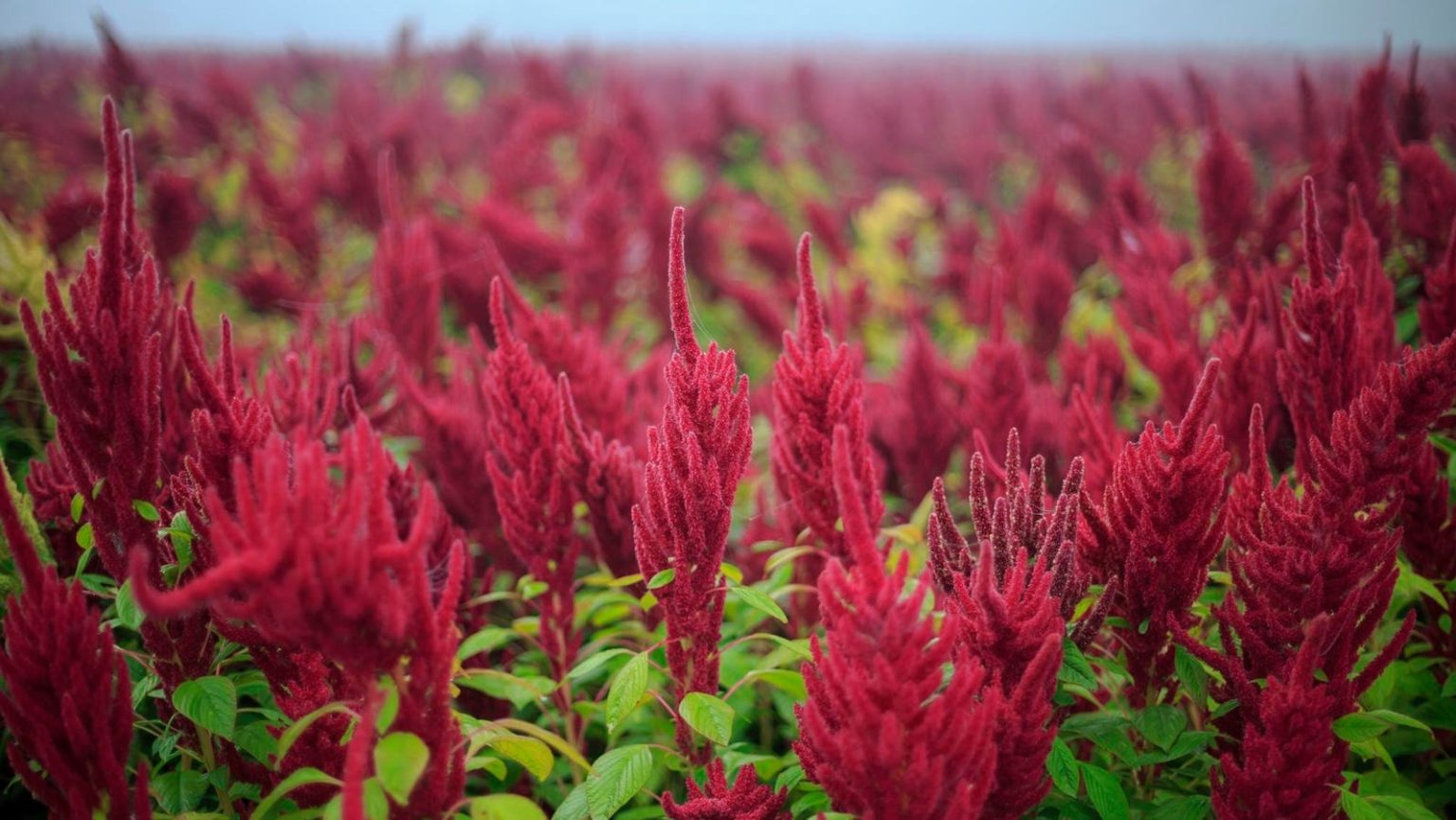Around the world, there are thousands of edible plant species—but you wouldn’t know it from looking at our diets.
Just three—rice, maize, and wheat—account for a staggering 60% of the calories and protein we obtain from plants, according to the U. N. Food and Agriculture Organization (FAO).
From an agrobiodiversity perspective, vegetables are in an even more precarious position. Less than 10% of crop varieties in genebanks are vegetable varieties, and crops and vegetables from across Africa are particularly underrepresented, according to Maarten van Zonneveld, Head of Genetic Resources at the World Vegetable Center. And agrobiodiversity, both across an ecosystem and within specific species’ genetics, is central to improving food security, making crop production more resilient and less impactful to climate, and combatting plant disease and soil infertility, among other benefits.
“There’s an urgent need to rescue (and) conserve African vegetable biodiversity so that we can use it to address malnutrition,” van Zonneveld says.
This is why I’m so excited to see the development of the African Vegetable Biodiversity Rescue Plan, which was announced last year at the Africa Food Systems Summit in Kigali, Rwanda. It’s part of the broader Vision for Adapted Crops and Soils program, a really transformative initiative spearheaded by Dr. Cary Fowler.
The Rescue Plan is a 10-year initiative—2025 to 2035—aimed at bringing more resources and attention to native crops in Africa and unlocking the potential of African vegetable biodiversity. The World Vegetable Center, which is leading the project, points out that these ‘forgotten’ food crops could go a long way toward supporting more climate-resilient and healthful food systems in sub-Saharan Africa, addressing hunger and malnutrition, and helping farmers and producers feed their communities affordable.
“Effects of climate change—like droughts, floods, and urbanization—pose the most danger to Indigenous African vegetable varieties. This rescue plan is an opportunity to bring other stakeholders in this response to save our vegetable species,” says Gabriel Rugalema, Associate Director General for Africa at the World Vegetable Center.
These crops have been central to food systems of the past—and they’ll be at the forefront of the food systems of the future, too! So let’s get to know some of these ‘opportunity crops’ that can be our allies in the effort to build stronger, climate-proof food systems around the world.
Maybe your local stores carry a vegetable you’ve never bought or grains like fonio or millet. Diversifying our own diets with climate-smart foods is an important first step toward changing the broader food system.
Read the full article here





